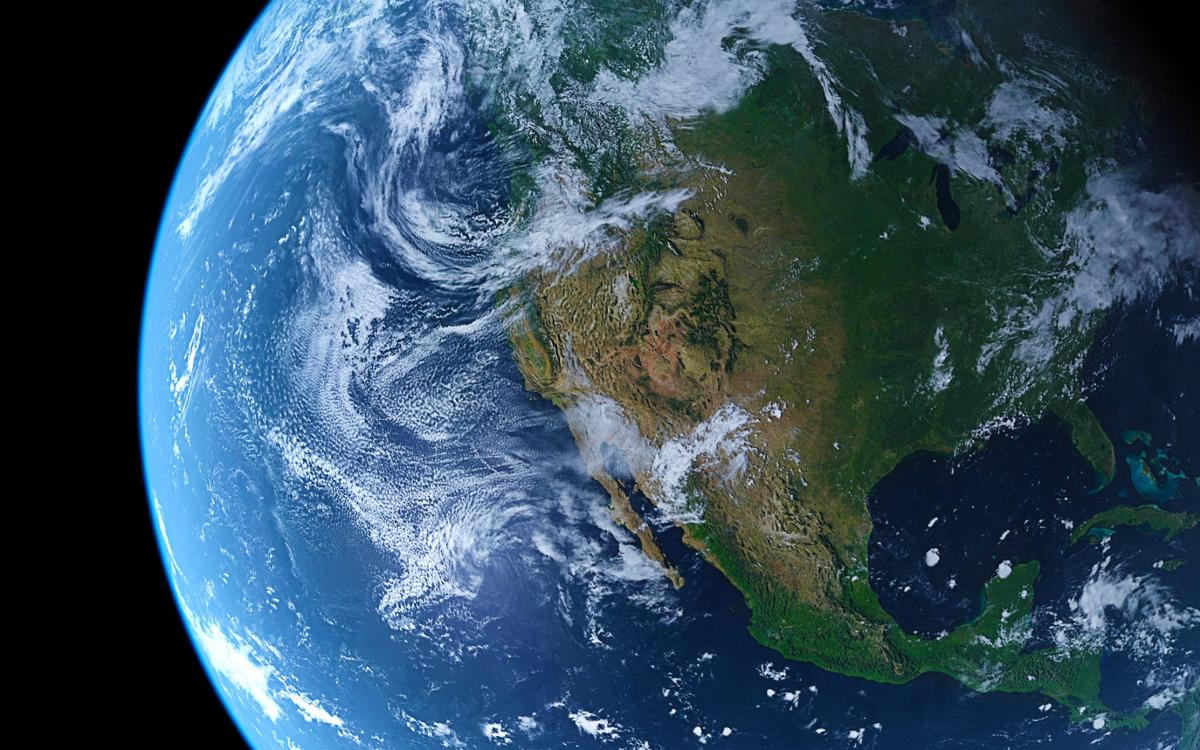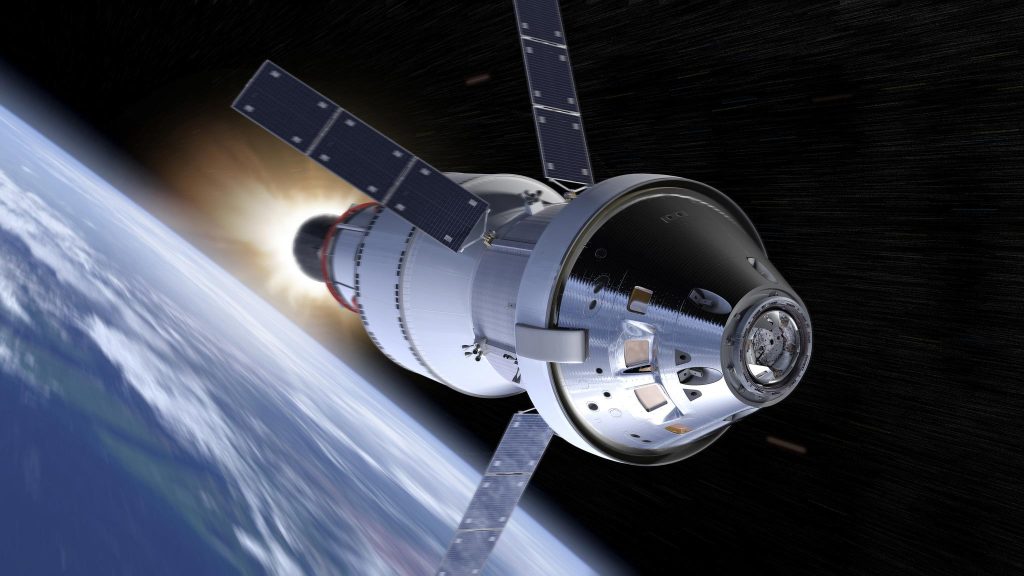Fügen Sie hier Ihren Namen hinzu, um ihn auf einem Flash-Laufwerk aufzunehmen, das an Bord der Artemis I fliegen wird.
Artemis I wird der erste unbemannte Flugtest der Space Launch System-Rakete und des Orion-Raumfahrzeugs sein. Die Reise ebnet den Weg für die Landung der ersten Frau und ersten farbigen Person auf dem Mond!
Füllen Sie das Formular hier aus: Senden Sie Ihren Namen mit Artemis

Während der Reise von Artemis I wird Orion während einer fast dreiwöchigen Mission Tausende von Meilen über den Mond hinaus wagen. Kredit: NASA
Alle Augen werden auf den historischen Launch Complex 39B und das Space Launch System (SLS) von Orion gerichtet sein.[{“ attribute=““>SLS) lift off for the first time from NASA’s modernized Kennedy Space Center in Florida. The mission will demonstrate our commitment and capability to extend human existence to the Moon and beyond.
Artemis I will be the first in a series of increasingly complex missions to build a long-term human presence at the Moon for decades to come.

Artemis I will be the first integrated flight test of NASA’s deep space exploration system: the Orion spacecraft, Space Launch System (SLS) rocket and the ground systems at Kennedy Space Center in Cape Canaveral, Florida. The first in a series of increasingly complex missions, Artemis I will be an uncrewed flight that will provide a foundation for human deep space exploration, and demonstrate our commitment and capability to extend human existence to the Moon and beyond. During this flight, the uncrewed Orion spacecraft will launch on the most powerful rocket in the world and travel thousands of miles beyond the Moon, farther than any spacecraft built for humans has ever flown, over the course of about a three-week mission. Credit: NASA

„Entdecker. Entschuldigungsloser Unternehmer. Alkoholfanatiker. Zertifizierter Schriftsteller. Möchtegern-TV-Evangelist. Twitter-Fanatiker. Student. Webwissenschaftler.







More Stories
Die NASA macht in Bezug auf die Erde eine Entdeckung, die „so wichtig wie die Schwerkraft“ ist
Wie wurden Schwarze Löcher so groß und schnell? Die Antwort liegt im Dunkeln
Eine Studentin der University of North Carolina wird die jüngste Frau sein, die an Bord von Blue Origin die Grenzen des Weltraums überschreitet